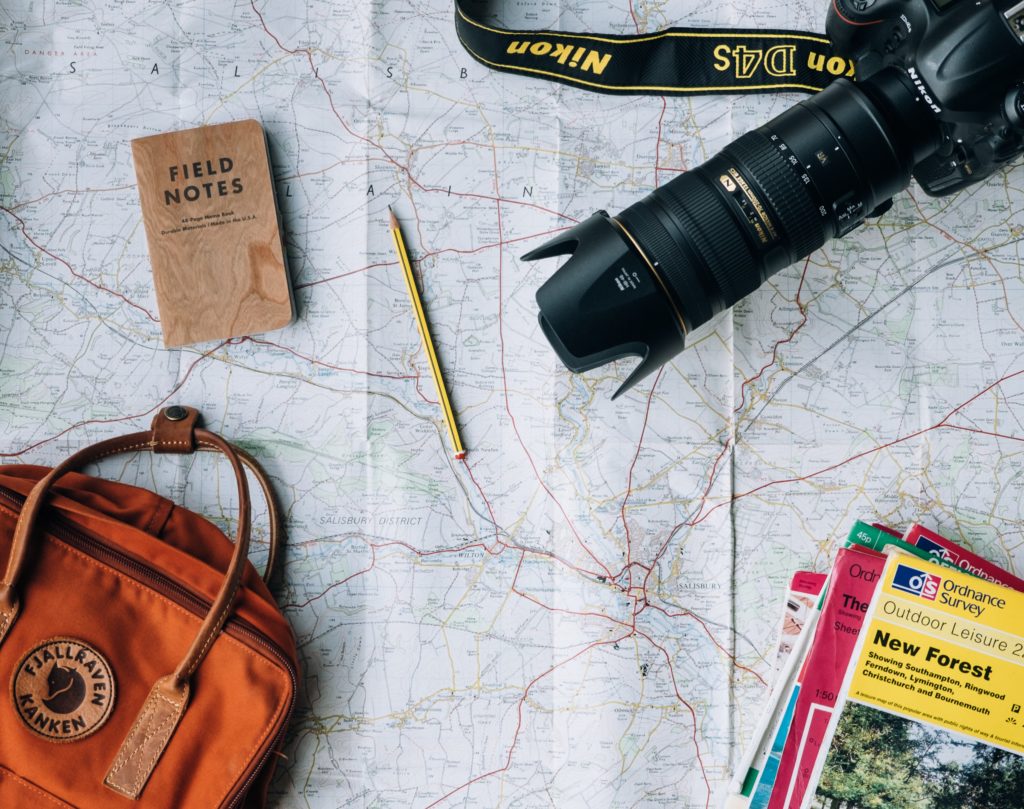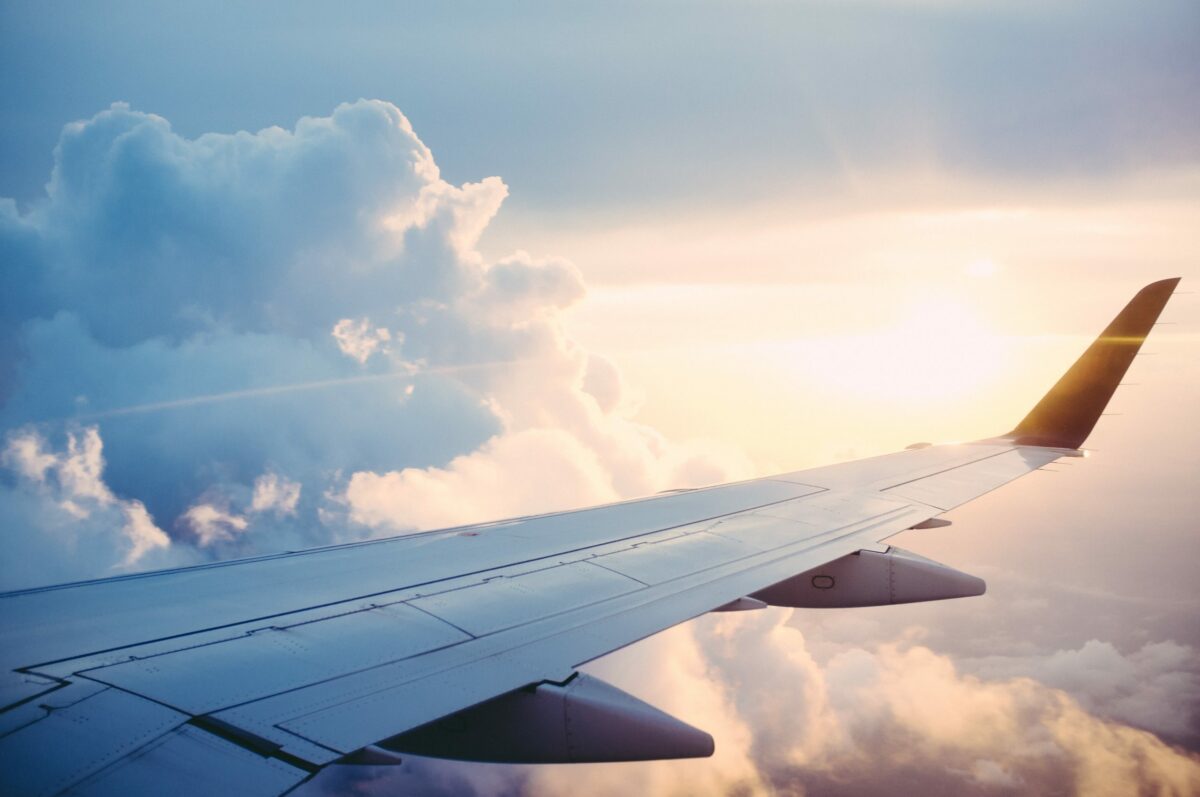It’s not overstating anything to say that the coronavirus pandemic has changed almost everything in society. Its impact will last for many years to come post-herd immunity and mass vaccinations.
But how can we expect travel to change in the future as a result of people’s changing attitudes since Covid?
Read on for our predictions…
Post Contents
- 1 1. Covid Restrictions Will Ease and Shift
- 2 2. New Vaccination Protocols May Be Introduced
- 3 3. Tech Will Feature More Heavily
- 4 4. Journey Times Will Shorten
- 5 5. Increased Interest in Private Accommodation
- 6 6. Sustainability Will Become a Driving Force
- 7 7. Travellers Will Favour ‘off the Beaten Track’ Destinations
1. Covid Restrictions Will Ease and Shift
The restrictions and regulations around travel have already changed several times since the inception of the pandemic.
At present, the minimum requirement is to take day 2 lateral flow tests by Medicspot or from other private testing practitioners.
You need to take these tests upon return to the UK, but such protocol varies from place to place.
Eventually, we’re likely to see an end to specific coronavirus testing, and instead, find that restrictions ease and become more flexible.
2. New Vaccination Protocols May Be Introduced
Many countries have long required a Yellow Fever vaccination to be administered before entry.
This is likely to become a minimum requirement for locations where coronavirus rates remain high or the population remains at risk.
It will likely spur on a host of new private medical providers and vaccination clinics that specialize in traveler requirements.

3. Tech Will Feature More Heavily
The travel industry was already working towards the end of paper tickets and itinerary print-outs before the coronavirus pandemic gripped the globe.
However, with people being advised to carry as little as possible to reduce viral transference risks as much as possible, we can expect to see technology feature more heavily.
QR codes displayed on smartphones, passport e-gates, and even the possibility of fingerprint scanning, feature heavily in future travel predictions; both abroad and closer to home.
4. Journey Times Will Shorten
For the last two years, most of the population have only been able to invest in staycation travels. This has already prompted a trend for shorter travel.
However, even when international and long haul travel does resume, its position as the ‘norm’ for many, means that journey times will continue to shorten.
Trains and planes will become faster, and smart roads will make fast modes of coach and car travel safer.
5. Increased Interest in Private Accommodation
With hotels having been used for enforced quarantine periods throughout the pandemic, lots of travellers have opted instead to stay in private accommodation. This includes staying in holiday home rentals for the first time.
Buying not just some extra privacy for travellers, private accommodation also gives more space to roam. It also promotes enhanced hygiene levels compared to common areas shared with other travellers.
Airbnb and other private holiday rental companies are already seeing increased demand for their services. This is a welcome rise, given their significant downtime through the last two years.
6. Sustainability Will Become a Driving Force
If the Covid-19 pandemic has had one welcome benefit, it’s that more of us have embraced the importance of the world we live in. We have learnt to appreciate its beautiful, effortless, natural beauty.
Sustainability is set to become a more important feature in travel than ever before. Travelers are now opting for accommodation set in rural areas, and nature experiences over excursions in built-up areas.
They also have an increased appetite for energy-efficient and eco-friendly destinations such as Iceland, The Azores and Costa Rica.
7. Travellers Will Favour ‘off the Beaten Track’ Destinations
Along with the desire for more space and fewer crowds, we can also expect to see travelers turn away from the ‘classic’ vacation destinations.
Instead, they may start to look to tour places that may not immediately spring to mind when booking a trip away.
A whole host of destinations are growing in popularity to grant travelers new experiences away from the hustle and bustle of traditional cities.
The travel firm Trailfinders is already reporting that places like Bolivia, Madagascar, and Taiwan increasing in demand.
Travel has changed and is continuing to in the wake of the pandemic. However, one thing remains certain: We travel not to escape everyday life but to ensure life doesn’t escape us.
The last two years have brought perspective to many of us, and with it, an appetite to see and do more.






























